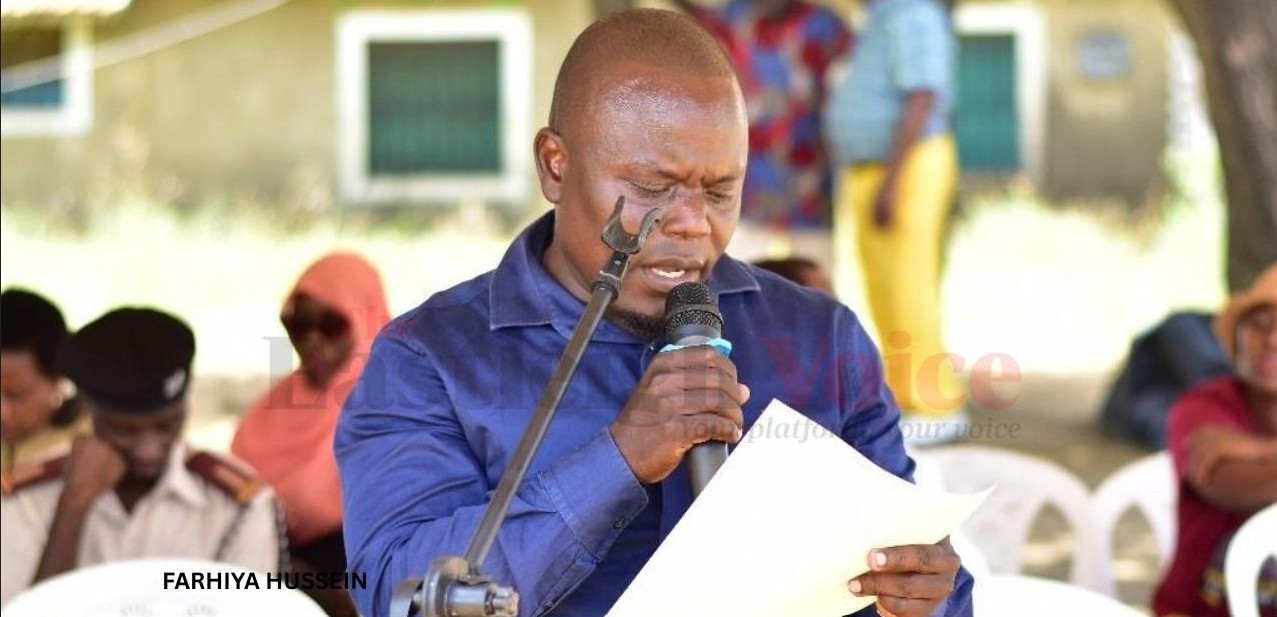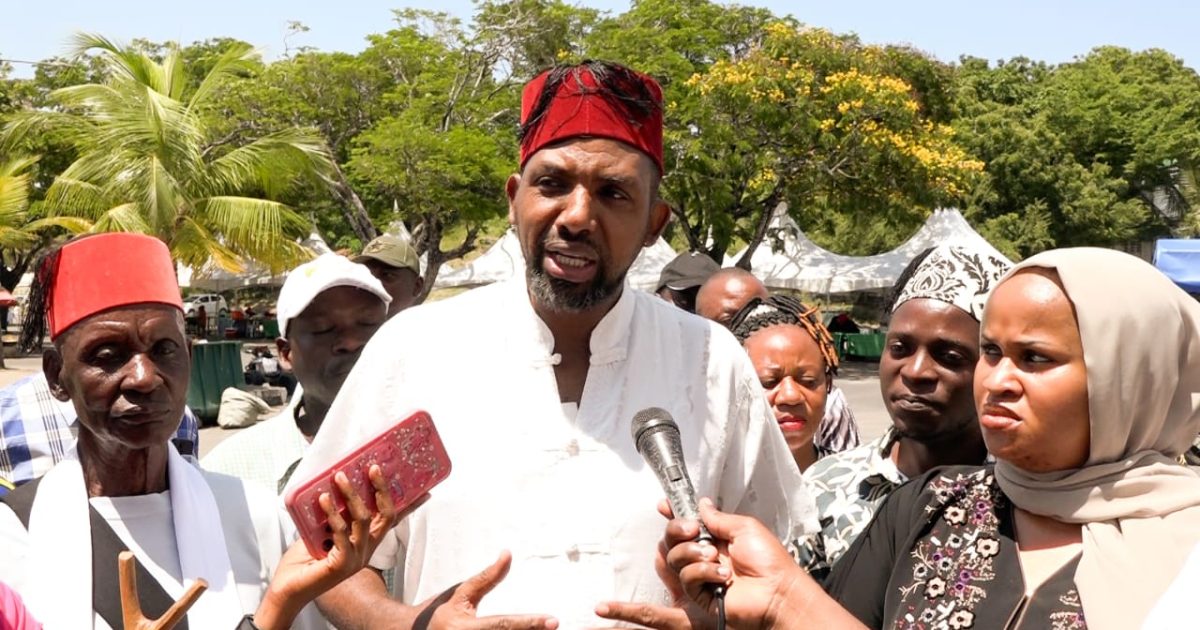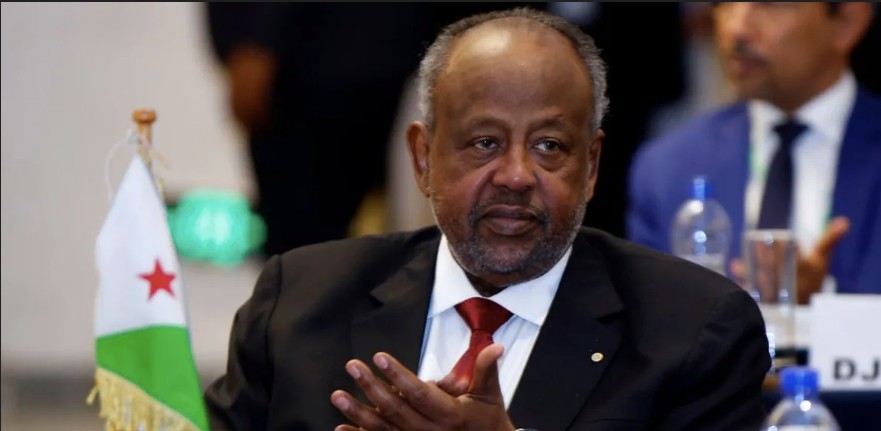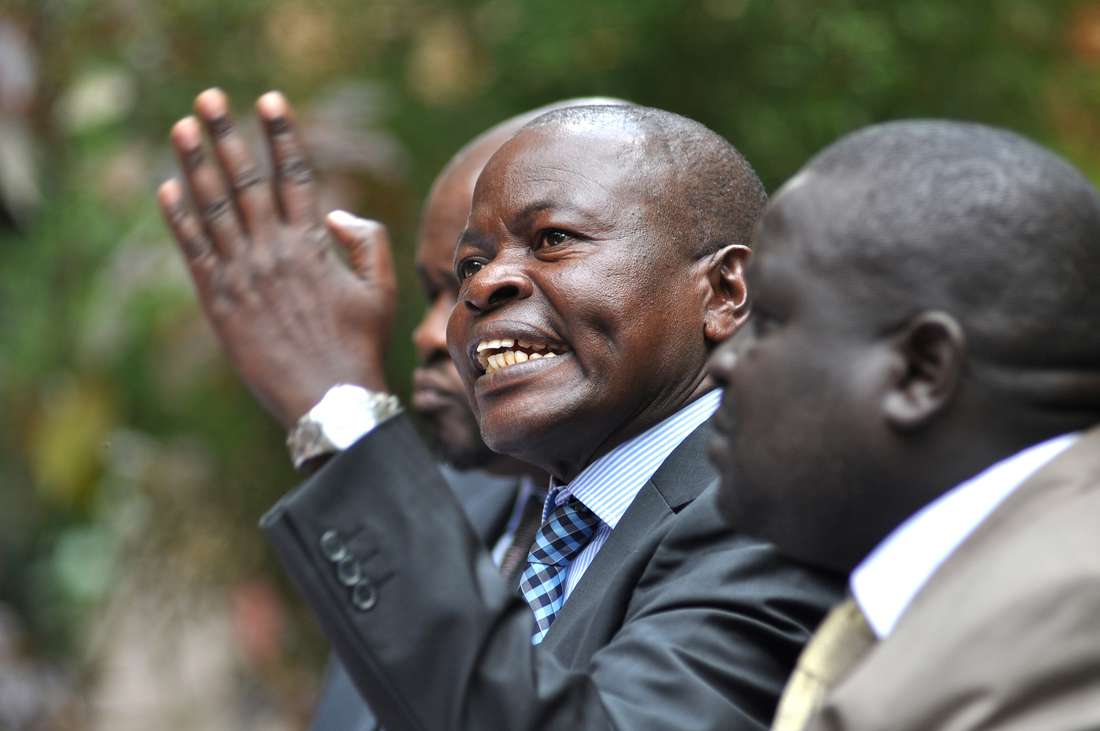Mombasa experts warn drug abuse and radicalisation threaten literacy progress

Experts warned that unless comprehensive measures are taken, Mombasa risks leaving a generation behind.
Experts in Mombasa County have raised concerns over growing threats to literacy, warning that drug abuse, radicalisation, and a shortage of higher learning institutions are limiting opportunities for thousands of young people.
Stakeholders at an International Literacy Day forum called for urgent interventions to safeguard a generation at risk.
More To Read
- Mutua sounds alarm as drug abuse blocks coast youth from lucrative jobs abroad
- Why community vigilance is vital in combating cult killing- Murkomen
- NACADA, clergy join forces to confront drug crisis at the Coast
- Murkomen declares crackdown on criminal gangs causing mayhem in Western Kenya
- New Bill seeks to expand rehab, harm reduction services nationwide
- Grassroots football in Kwale helps girls tackle teenage pregnancies and child marriages
They recommended expanding rehabilitation programmes, stepping up campaigns against radicalisation, and establishing more colleges, technical and vocational education training centres (TVETs), and polytechnics to meet the county’s growing demand.
Data presented at the forum showed literacy levels in Mombasa stood at 91 per cent for men and 81 per cent for women in 2013, with the overall rate hovering around 85 per cent in 2015/2016. However, experts noted that progress has since stagnated due to persistent social and structural challenges.
“Among the biggest obstacles we face as a county are drug abuse and radicalisation, which continue to lure our young people away from classrooms,” said Elkana Jacob, one of the speakers.
He added, “The digital age has also redefined the very meaning of literacy. Beyond reading and writing, young people now need digital skills to survive and compete in the modern world.”
Jacob pointed to a success story, highlighting 150 adults in Nyali Sub-County who recently enrolled in evening classes at Khadija Primary School.
“This proves that it is never too late to embrace education. Education remains the pillar and foundation of growth,” he said.
Importance of education
Nyali Deputy County Commissioner, Timothy Tirop, underscored the importance of education, saying, “Education is not a privilege but a fundamental right. It is the gateway to opportunities, empowerment, and a better future.”
Residents also voiced their frustrations.
“We see so many of our boys dropping out because of drugs. They get hooked early and never make it back to school. Families are suffering,” said Jamila Abdalla, a resident of Kisauni.
Another parent, Hassan Omar, pointed to the lack of post-secondary institutions as a major barrier.
“Our children finish Form Four but have nowhere to go. We need more colleges and polytechnics here in Mombasa so that they do not have to travel upcountry. Many give up because they cannot afford the costs,” he said.
Young people echoed the same concerns.
“When you are idle, people with bad intentions can easily influence you. We need skills training and digital literacy so that young people can earn a living instead of being misled,” said 19-year-old student Amina Ali.
Speakers also linked literacy to broader issues of peace and development.
“Development thrives only in an environment of peace and unity,” Jacob said, urging residents to act as ambassadors of security and good governance.
Experts warned that unless comprehensive measures are taken, Mombasa risks leaving a generation behind.
They called on leaders to prioritise literacy and education, ensuring that every child and adult has access not only to basic learning but also to the digital skills necessary to thrive in the 21st century.
Top Stories Today












































